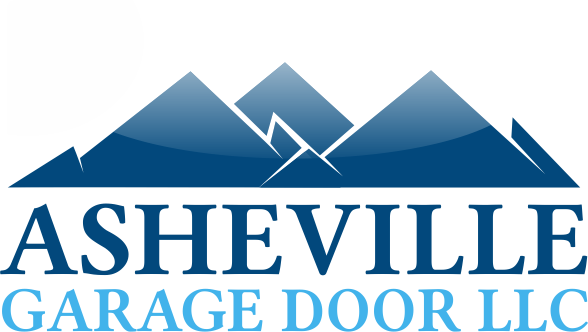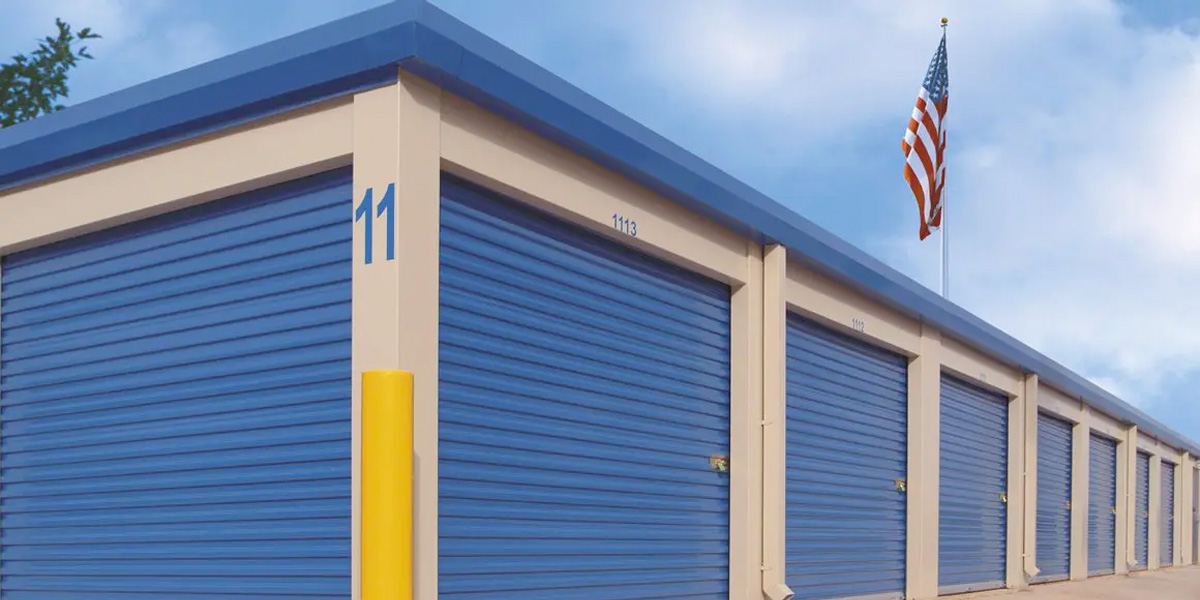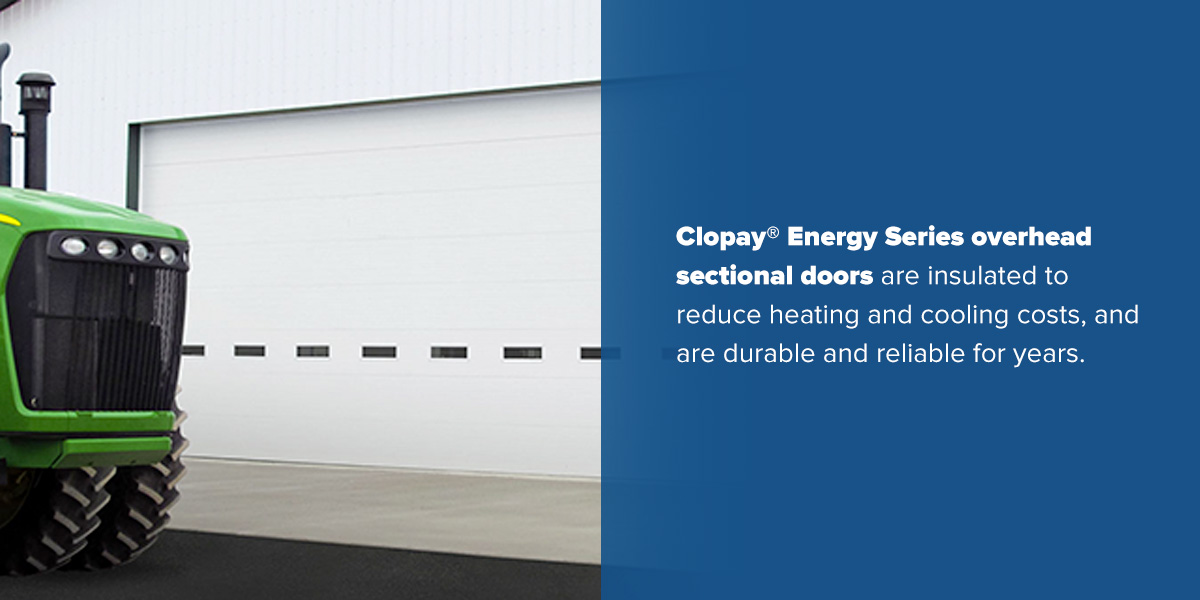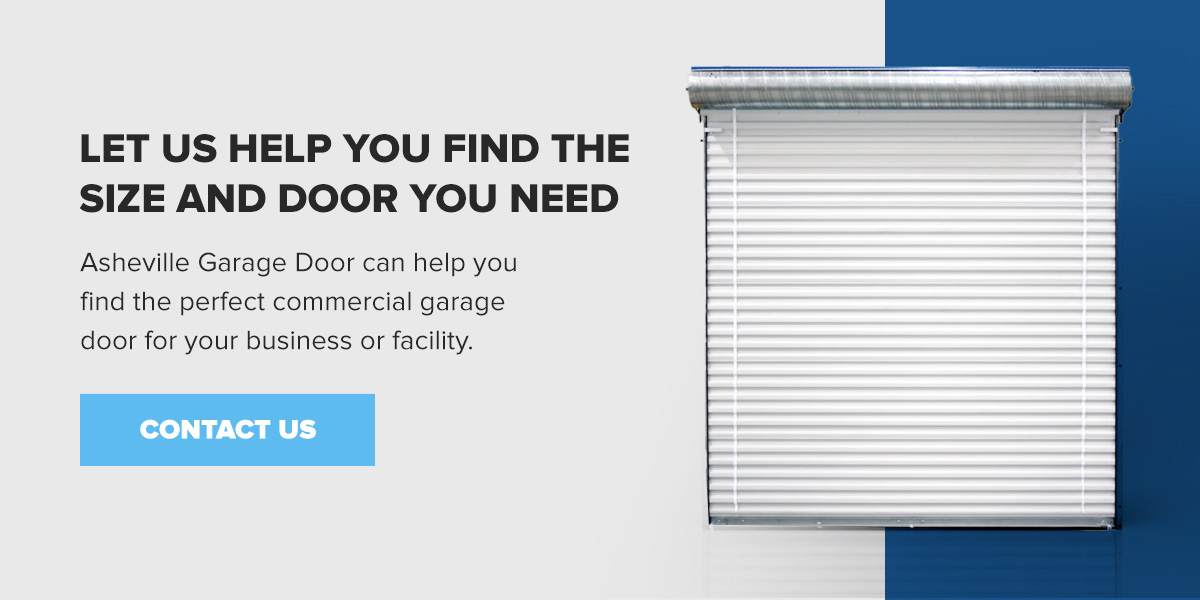Commercial Garage Door Sizing Guide
Commercial garage doors protect your business or facility from intruders and the weather. However, they’re not one-size-fits-all. Many commercial overhead doors are custom because not every industrial garage door opening size is the same. Check out this guide to determine what size you need.
Commercial Garage Door Sizes
There are commercial overhead doors and sizes for various applications. The most common are roll-up, security grilles and insulated overhead.
Roll-Up
These steel or aluminum commercial doors are great for saving space because they don’t require tracks. Instead, they open by rolling up and over the entrance. Standard roll-up door sizes are 30 by 30 feet, but can be 50 by 40 feet to accommodate larger openings. Optional high-traffic and temperature control features include faster opening and closing cycles and high cycle capability.
Here are the benefits of commercial roll-up garage doors.
- Security: Steel and aluminum are robust, damage-resistant materials. These doors have robust locking systems and no visible access points when closed.
- Easy maintenance: Roll-up doors have fewer parts that require regular lubrication. They can also tolerate damage, corrosion, rust and weather elements, necessitating fewer repairs.
- Energy efficiency: These doors provide a gapless seal when closed, preventing small animals from entering and air from flowing in and out of the building. You can choose an insulated roll-up door for further weather protection and temperature control.
- Durability: Overhead roll-up doors can last many years with proper maintenance. They can withstand frequent use and weather damage, and resist rust.
- Space-saving: Roll-up doors increase the available overhead and garage floor space.
Security Grilles
Metal security grilles act as barriers that reinforce and protect doors and windows. They roll up and typically have an open design that provides visual access and air circulation. Full-closure models offer enhanced security. There are many patterns, styles and colors. Security grilles cover openings up to 40 feet wide and 20 feet tall.
Security grilles offer many benefits.
- Deterring crime: Criminals avoid businesses with security grilles because they can’t easily enter your property. Most burglars don’t have the ability, time and resources to attempt breaking into a building with a security grille.
- Low maintenance: Security grilles last for many years with routine maintenance.
- Design flexibility: You can customize your security grille by adding optional features to fit your opening and operation needs.
- Aesthetics: These curtains can add beauty and security. You can choose different patterns and finishes.
- Automatic: The grilles open and close using a remote or button.
Insulated Overhead Doors
Commercial overhead doors look sleek while providing energy efficiency and enhanced security. Clopay® Energy Series overhead sectional doors are insulated to reduce heating and cooling costs, and are durable and reliable for years. They come in standard warehouse door sizes and others with widths of 16, 24’2″ or 26’2″ feet and heights of 16, 18 or 20 feet. Clopay Energy Series with Intellicore® offers superior climate control. These doors are available in 18’2″, 24’2″, 30’2″, 32’2″, 36’2″ or 40’2″ feet wide and 16, 18 or 20 feet high.
The advantages of commercial overhead doors include the following.
- Customization: You can choose window options, glazing materials, color, material and other design features. There are also optional specialty and performance upgrades.
- Cost-saving: They feature polyurethane and polystyrene materials for excellent weather protection and climate control, saving you energy costs.
- Reliability: Clopay doors have robust, quality materials for maximum security and safety.
- Longevity: These doors last for many years with minimal maintenance.
What Type of Door Is Best for Your Industry?
Numerous industries benefit from commercial garage doors, but each requires a different type. Here are the various kinds of commercial overhead doors and their applications.
- Roll-up: Roll-up garage doors are perfect for warehouses, loading docks, storage buildings, automotive shops and high-security facilities like pharmacies, factories and transit centers.
- Security grilles: Security grilles are excellent for shopping malls, convention centers, garages, schools, building exterior openings, storefronts or areas within buildings, such as pharmacies or parts counters.
- Overhead doors: Standard overhead doors are ideal for repair shops, restaurants, manufacturing companies and retail stores.
How to Choose the Right Size for Your Business
You can customize commercial garage doors to fit any opening, and professionals can fit security grilles into walls during construction. However, you must measure the opening to choose the appropriately sized door. Here are the five measurements you need to find the correct size.
- Width: Measure the widest point of the opening. You want the measurement to be in exact feet and inches.
- Height: Find the highest point from the opening to the floor and measure the distance. Record this measurement in precise feet and inches.
- Sideroom: Measure to the left and right of the door’s opening to the nearest wall or obstacle. Allow 4-3/4″ on either side of the door for steel jamb construction and 3-3/4″ for standard masonry or wood jamb. Add a few inches to the measurement if your door has tracks. And allow for ample space, almost a foot, between doors.
- Headroom: Measure the distance between the opening’s top and the ceiling’s lowest point or nearest obstruction.
- Backroom: Measure the distance between the opening and the back wall or closest obstacle. The door height plus 23″ for 2″ track and 25″ for 3″ track is necessary for proper door installation.
Other Factors to Consider When Choosing a Commercial Garage Door
Aside from the size, there are other considerations when choosing a commercial garage door.
- Purpose: Knowing the door’s primary purpose helps you narrow down your choices. For instance, you might choose a security grille for a store and a roll-up door for an automotive shop.
- Weather resistance: If your region frequently experiences harsh weather conditions, you need a door that can withstand them.
- Energy efficiency: High-traffic areas and places requiring climate control need insulated doors.
- Security: Your desired level of protection helps you choose your door.
- Aesthetics: If you value aesthetics, decide whether you want a door that seamlessly integrates with your building’s design.
Let Us Help You Find the Size and Door You Need
Asheville Garage Door can help you find the perfect commercial garage door for your business or facility. We stock a wide range of options with various customization levels. With more than 25 years of experience in the industry, our knowledgeable and professional team can advise you on the best choices for your business. Browse our commercial garage doors, or contact us today to request a free estimate.
What are the Parts of a Garage Door
Parts of a Garage Door
The garage is an essential part of any house. Your garage can improve curb appeal and the overall value of your home. Even if you use your garage door every day, you might not know much about how the garage door system works. When you learn more about the components of a garage door and how they operate, you’re better prepared to face potential challenges and make the best choices for your home.
Components of a Garage Door System
Garage door systems vary, but most have the same essential parts and pieces. Here are the primary components of the typical garage door:
- Door: The door itself is the most prominent part of any garage system. Garage doors, also known as sections, are the panels that serve as the actual barrier between your garage and the outside world. These panels come in various sizes and styles to suit your preferences, including sectional, retractable, roll-up and more. You can choose from materials like steel or aluminum and nearly any color you can imagine.
- Opener: Your garage door opener is a central component of the system’s opening mechanism. The operator is a small box mounted on the ceiling that contains a motor and a small computer. Garage door openers come in several brands and styles, but they all require electricity to open and close the door.
- Springs: Along with the opener, garage door springs provide much of the power needed to open the door. Springs counterbalance the garage door’s weight, harnessing elastic energy to reduce strain on the operator or anyone manually lifting the door. There are two types of garage door springs. A torsion spring is placed above the door, while extension springs run along the side of the horizontal tracks.
- Tube: Only systems with torsion springs have a tube shaft. The tube shaft is a metal bar mounted above the garage door that keeps the torsion spring in place. The spring wraps around the tube and transfers its power to the drums.
- Drums: Drums are also only present on garage doors with torsion springs. Garage door drums are like pulley wheels that sit on either end of the tube shaft and connect to the cables. When the torsion spring releases energy, the drums rotate and cause the cables to extend or retract, depending on whether the door is opening or closing.
- Cables: Garage doors have several types of cables, including torsion spring cables, extension spring cables and safety cables. Metal cables primarily connect the bottom of the garage door to the drums and pull the door up as the lift mechanism is activated.
- Tracks: Tracks and rollers keep the door on a set path. Metal tracks and small wheels make sure the door stays in place every time it opens and closes. These tracks ensure proper alignment and safe operation. Many doors won’t open if they come off the tracks as a safety feature.
- Safety sensor: Motorized garage doors are useful tools, but they’re also potential safety hazards due to their size and weight. Federal standards require every garage door installed after 1992 to have safety sensors. These sensors sit a few feet above the ground on either side of the garage door. If they detect something in the door’s path as it closes, they automatically halt the door to prevent injuries.
- Additional features: Every garage door system is different, and some have additional features, such as emergency cords, locks for security and struts and seals for extra support or reinforcement.
When Do I Need Garage Door Parts?
If you use your garage every day, your garage door system experiences a lot of wear and tear. Over time, constant use can erode various parts of the system and lead to problems. Proper maintenance can extend the life of your garage door components, but when a major problem arises, you need a professional to quickly and safely address the issue.
At Asheville Garage Door, LLC, we offer garage door installation, service and sales. Our team of skilled technicians is available to assist you with a range of residential and commercial garage door issues or to install a new door at your home or business.
Garage Door Service and Installation in Asheville, NC
Learn more about garage door pieces and how Asheville Garage Door, LLC, gets our customers the best products and services available. Get a free estimate from our team or request a service appointment today!
How Long Do Garage Door Springs Last?
How Long Do Garage Door Springs Last?
Garage door springs are a central component of every garage door system. These springs help your door function properly every day, but how much do you really know about them? A broken spring is one of the most common issues with commercial and residential garage doors. Learn more about the average lifespan of garage door springs and when you should replace them.
What Are Garage Door Springs?
Garage door springs are a basic part of any garage door. Springs provide the lift necessary to open and close the door. Most residential and commercial garage door systems use either torsion or extension springs.
Torsion Springs
Garage door torsion springs use mechanical energy and torque to lift and lower the door. These springs wrap around a horizontal bar, which is mounted on the wall above the garage door. The torsion springs tighten when the door is closed and loosen when the door opens.
Extension Springs
Another common type of garage door spring is the extension spring. Garage doors that use an extension spring system have two springs that run along the side of the horizontal tracks and provide equal support on each side. The tightly coiled springs are attached at both ends to other garage door components.
Why Do Garage Springs Break?
Broken springs are a common problem among garage doors of all kinds. There are several reasons why torsion and extension springs break:
- Age: Every time you open or close your garage door, it puts pressure on the springs. This constant use can lead to deterioration over time.
- Rust: External materials also contribute to the decline of garage springs. Rust, dirt and debris accumulate over the years, speeding up the deterioration process. Regular maintenance can help prevent rust buildup and extend the life of your springs.
- Excessive pressure: If your garage door system relies on one torsion spring instead of two or isn’t suited to your door, the excessive pressure can wear down the springs and reduce their expected lifespan.
Garage Door Spring Life Expectancy
The life expectancy of your garage door springs depends on several factors, including the type of spring, your garage door system and how often you use it. The typical lifespan for most springs is about 10,000 cycles or three to five years.
If your springs are approaching this age or you begin to notice changes in their appearance or function, it might be time to consider new garage door springs. It’s better to replace your springs early than to wait until after they break.
Call Asheville Garage Door Today
If you need to replace your garage door springs in Western North Carolina, call Asheville Garage Door, LLC. With over 25 years of experience, we’re the premier garage door installation, repair and service company in Buncombe County.
Our experts provide professional service and high-quality parts for projects of any size. We’re so confident in the quality of our work that we offer full-year warranties on parts and labor for new installs. Contact our team with any questions or call us at 828-255-0830 to get a free estimate from our garage door experts and replace your garage door springs today!




